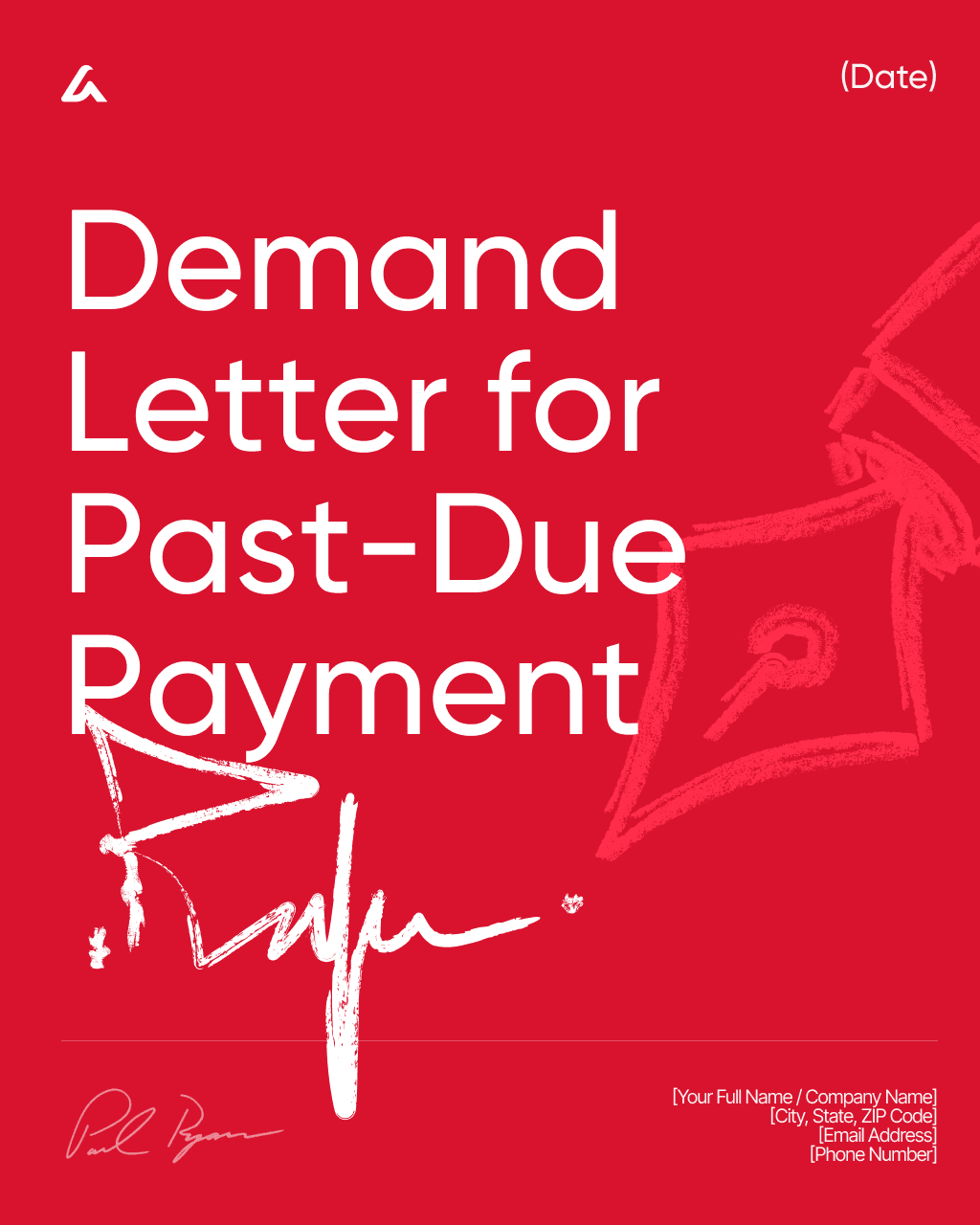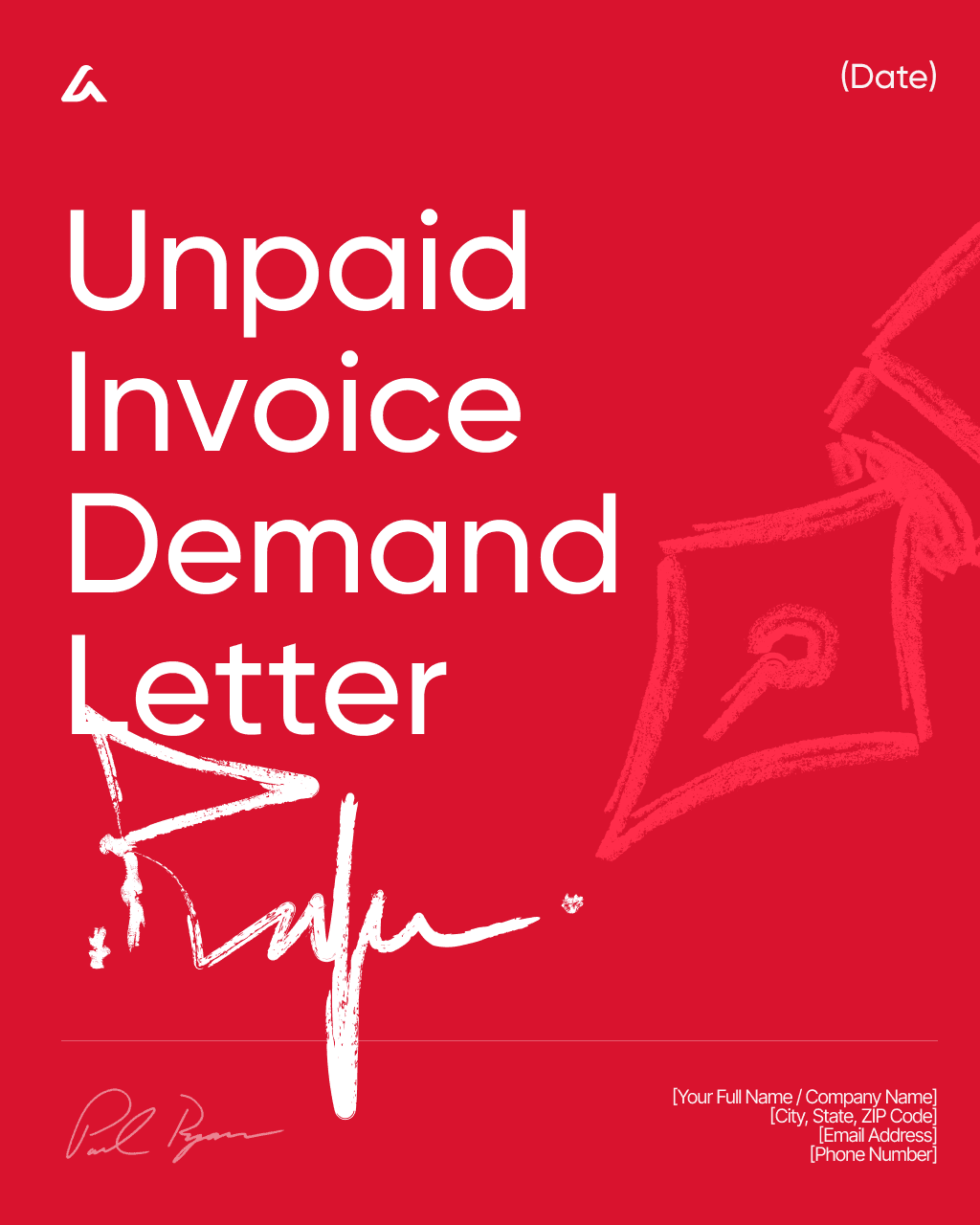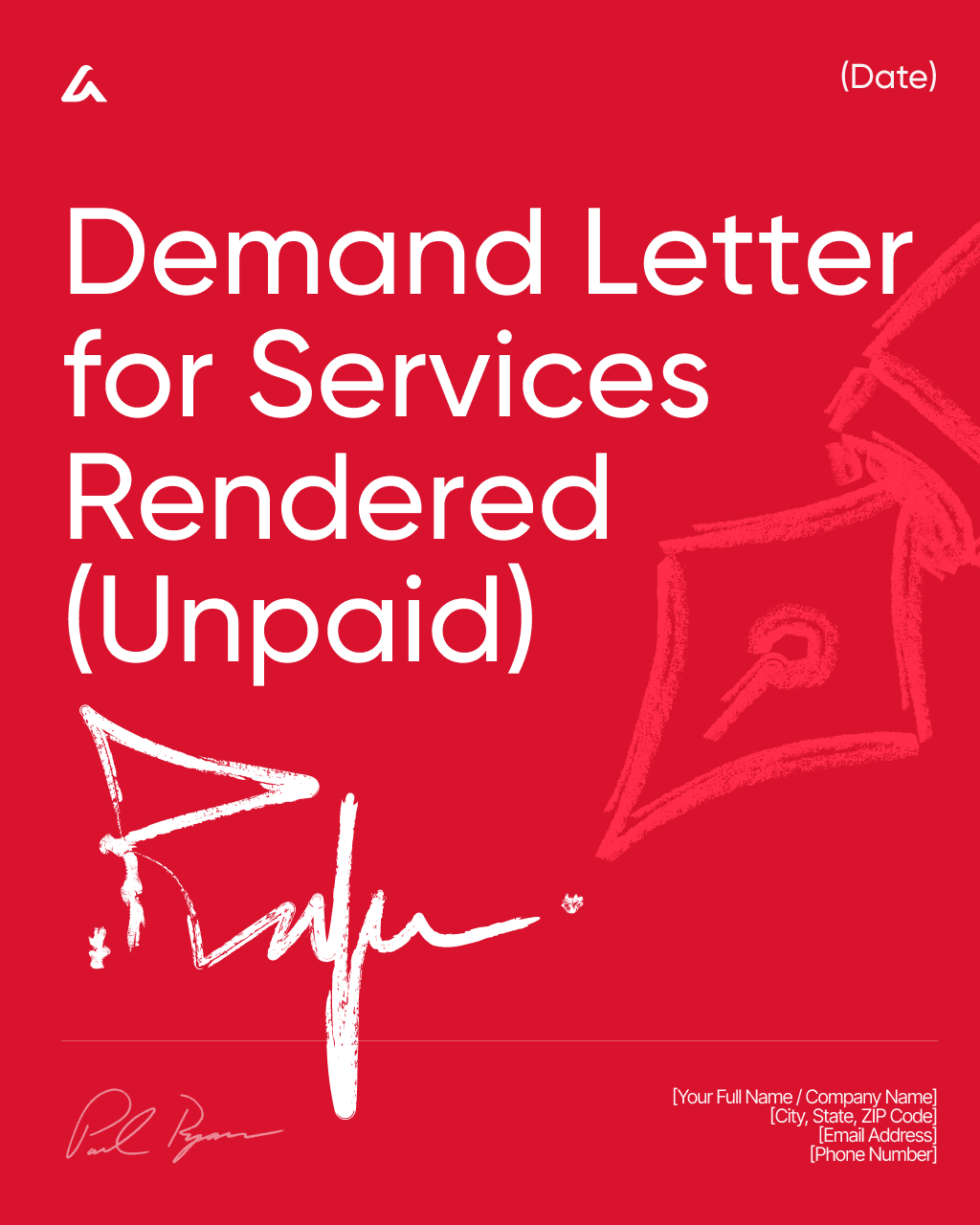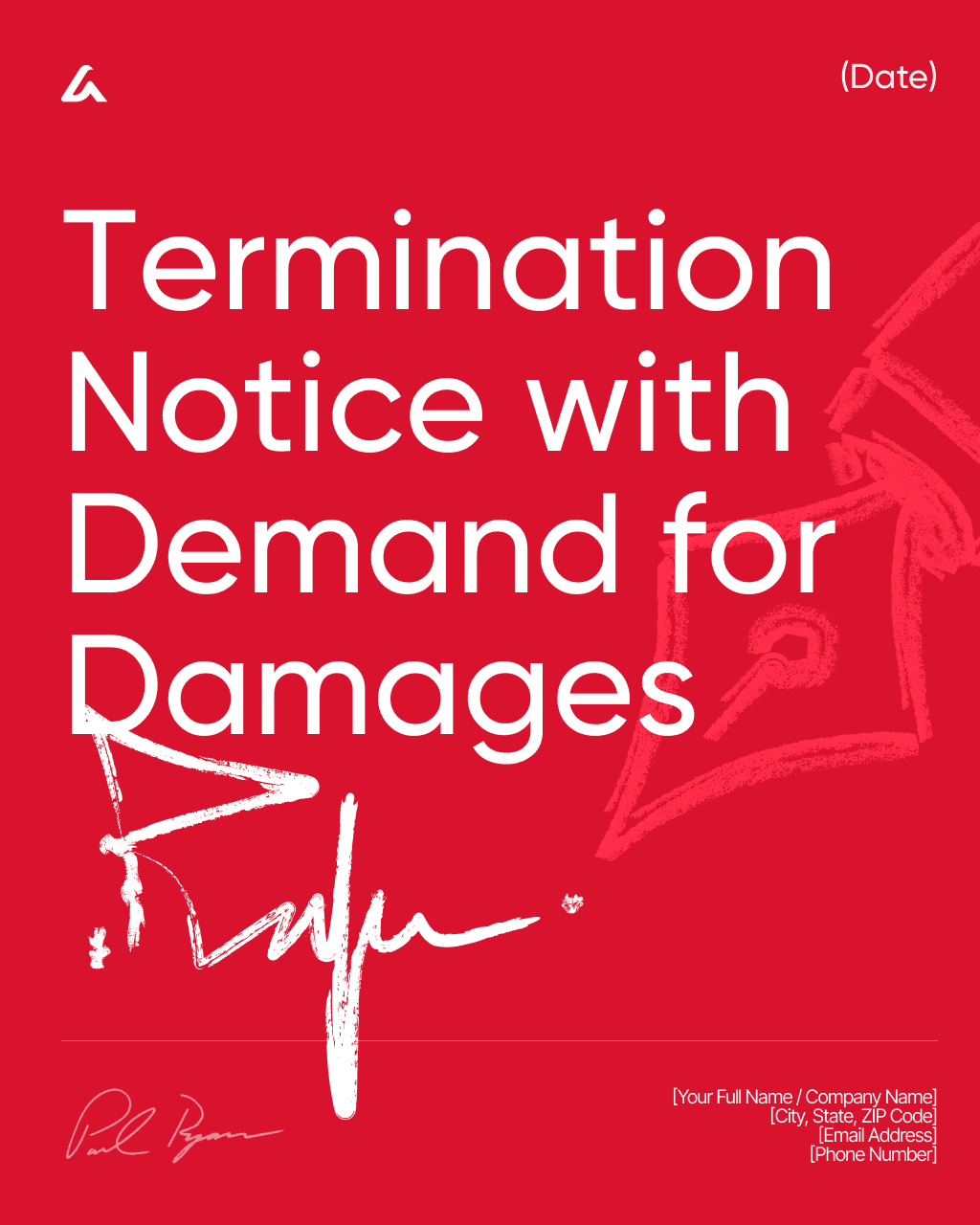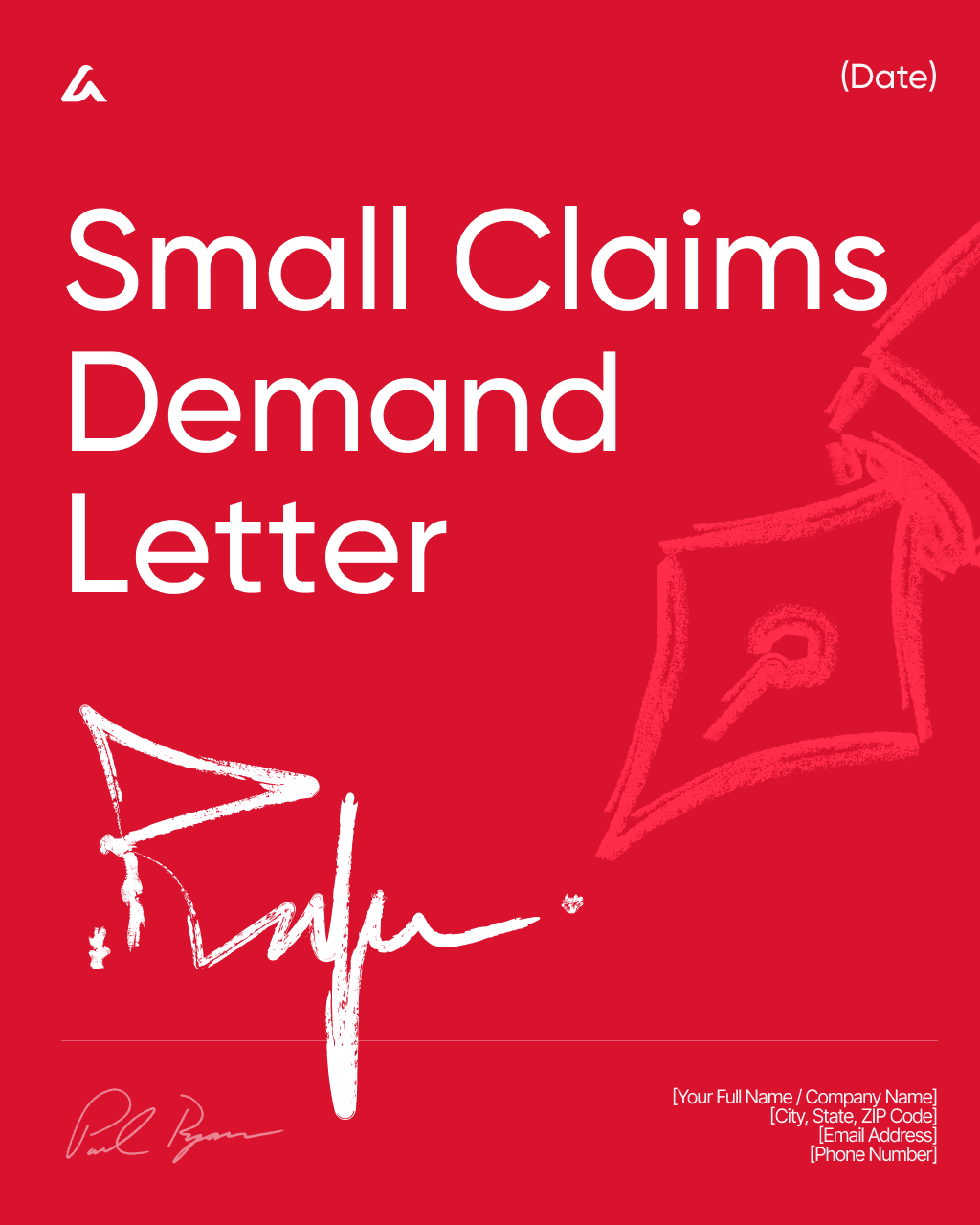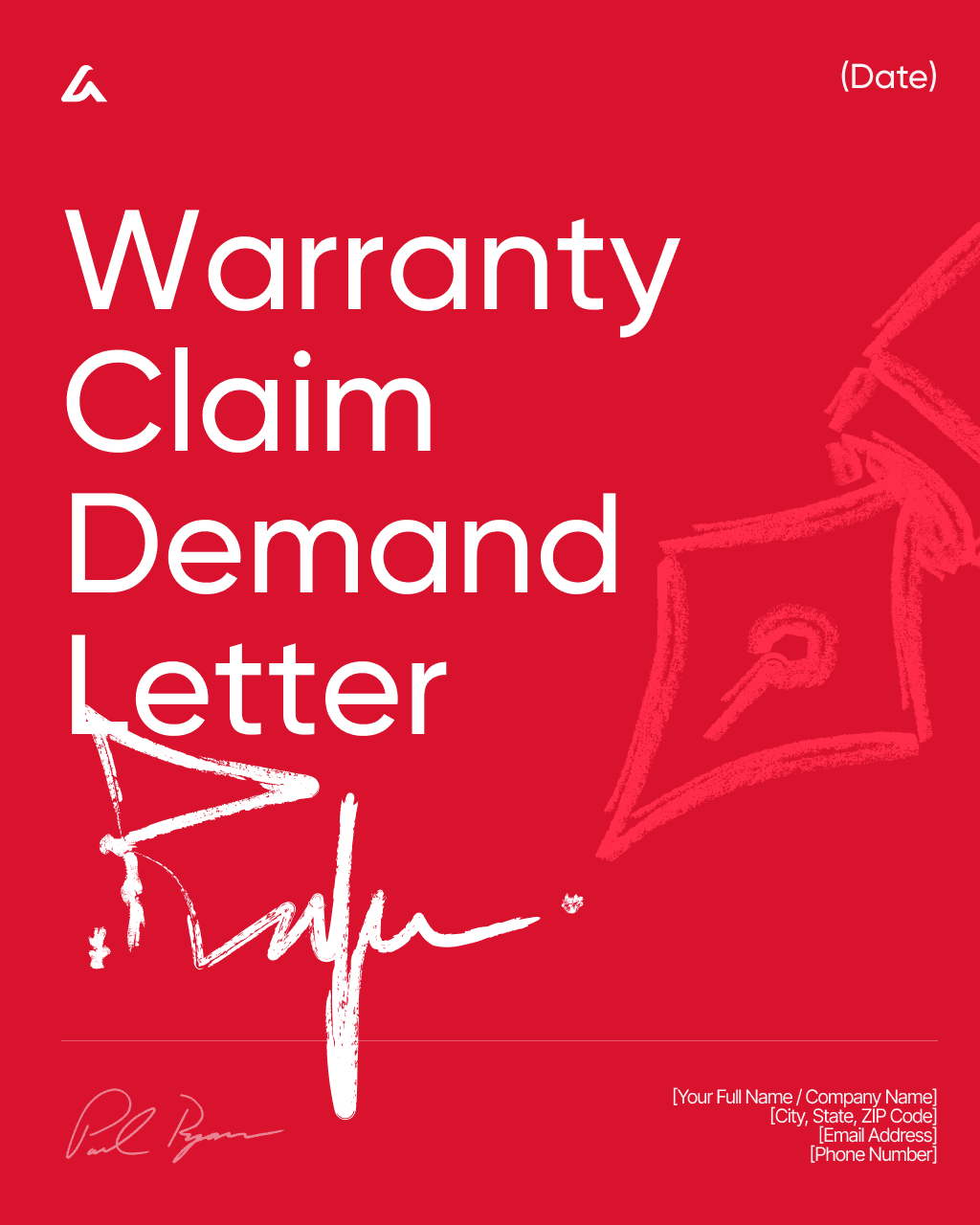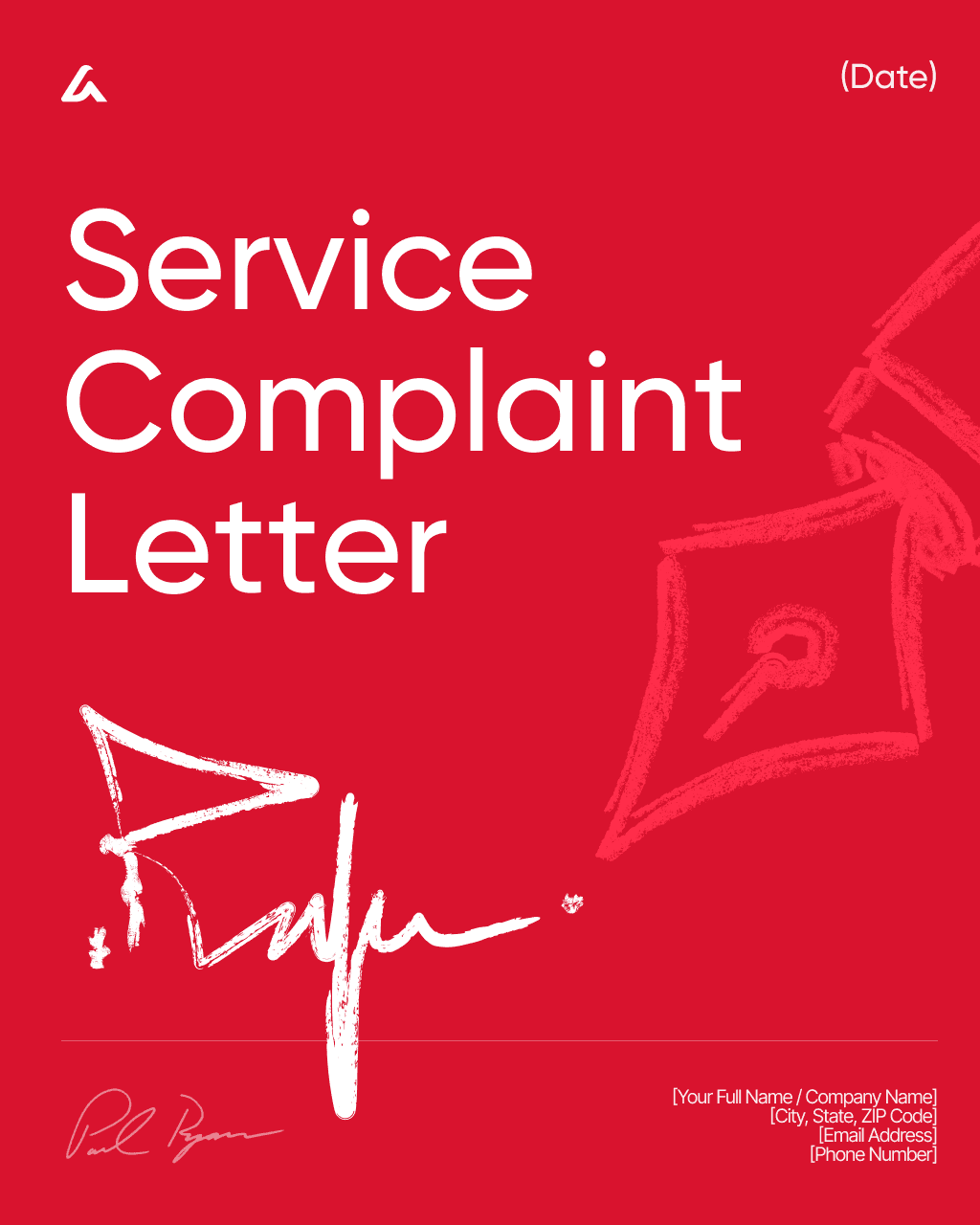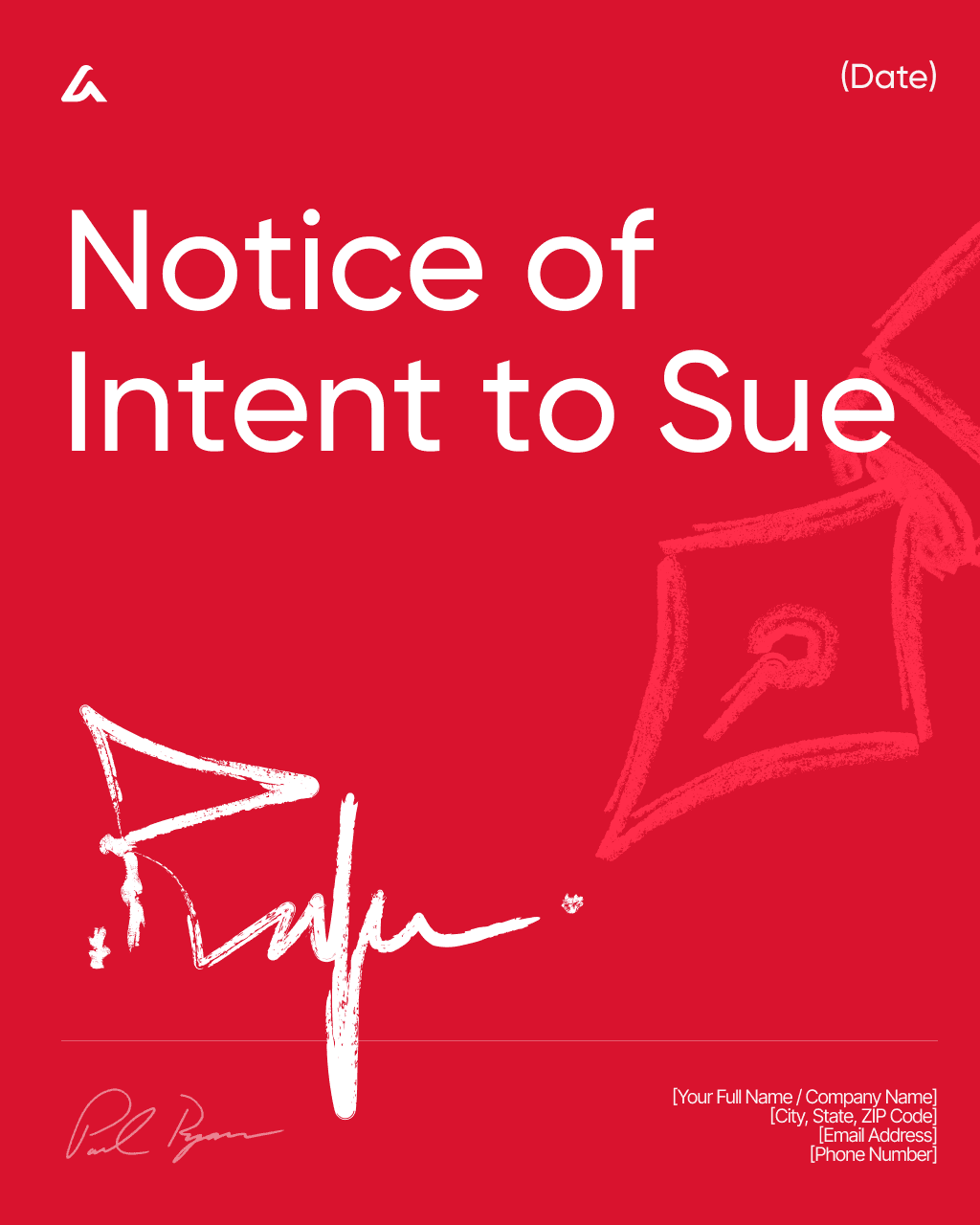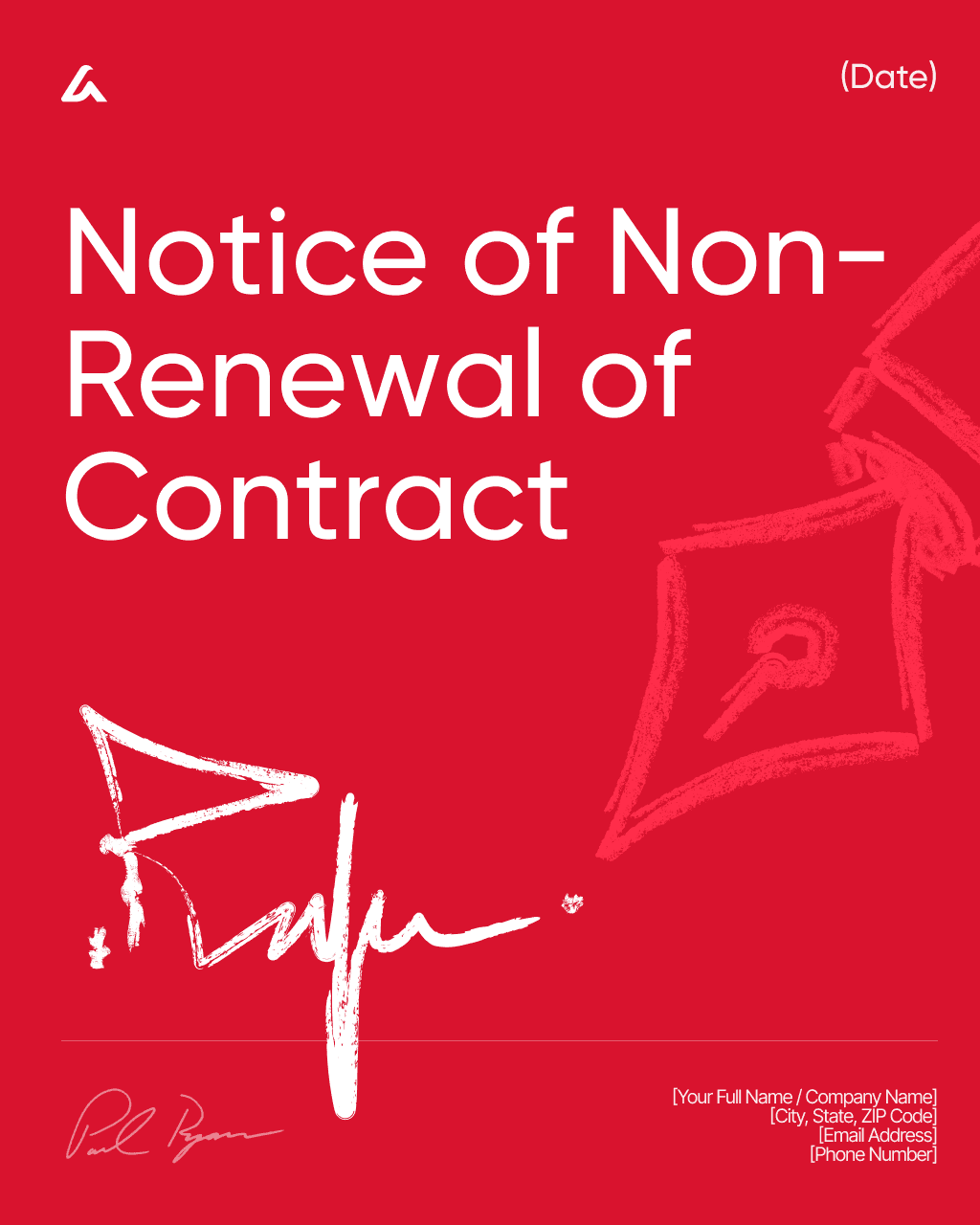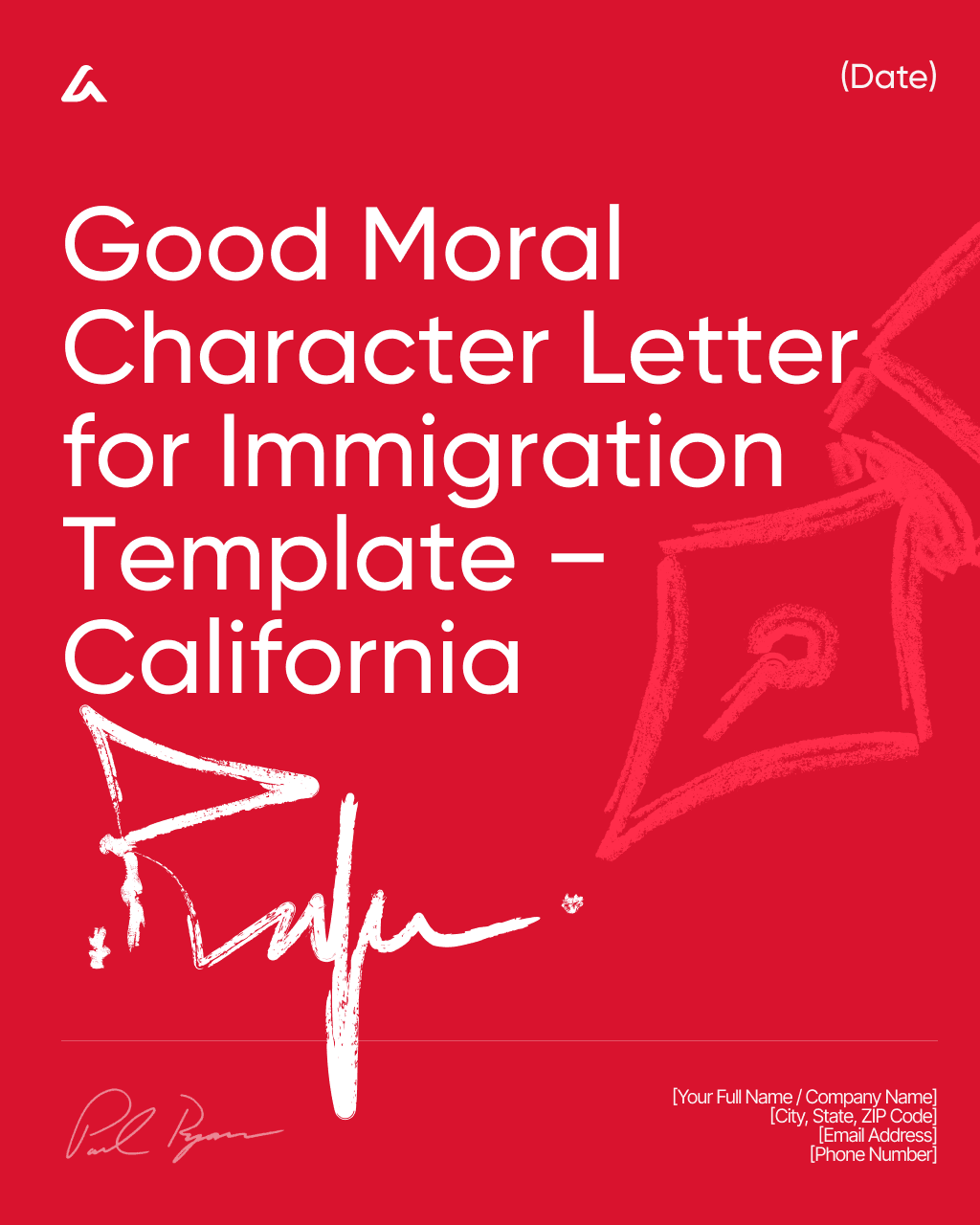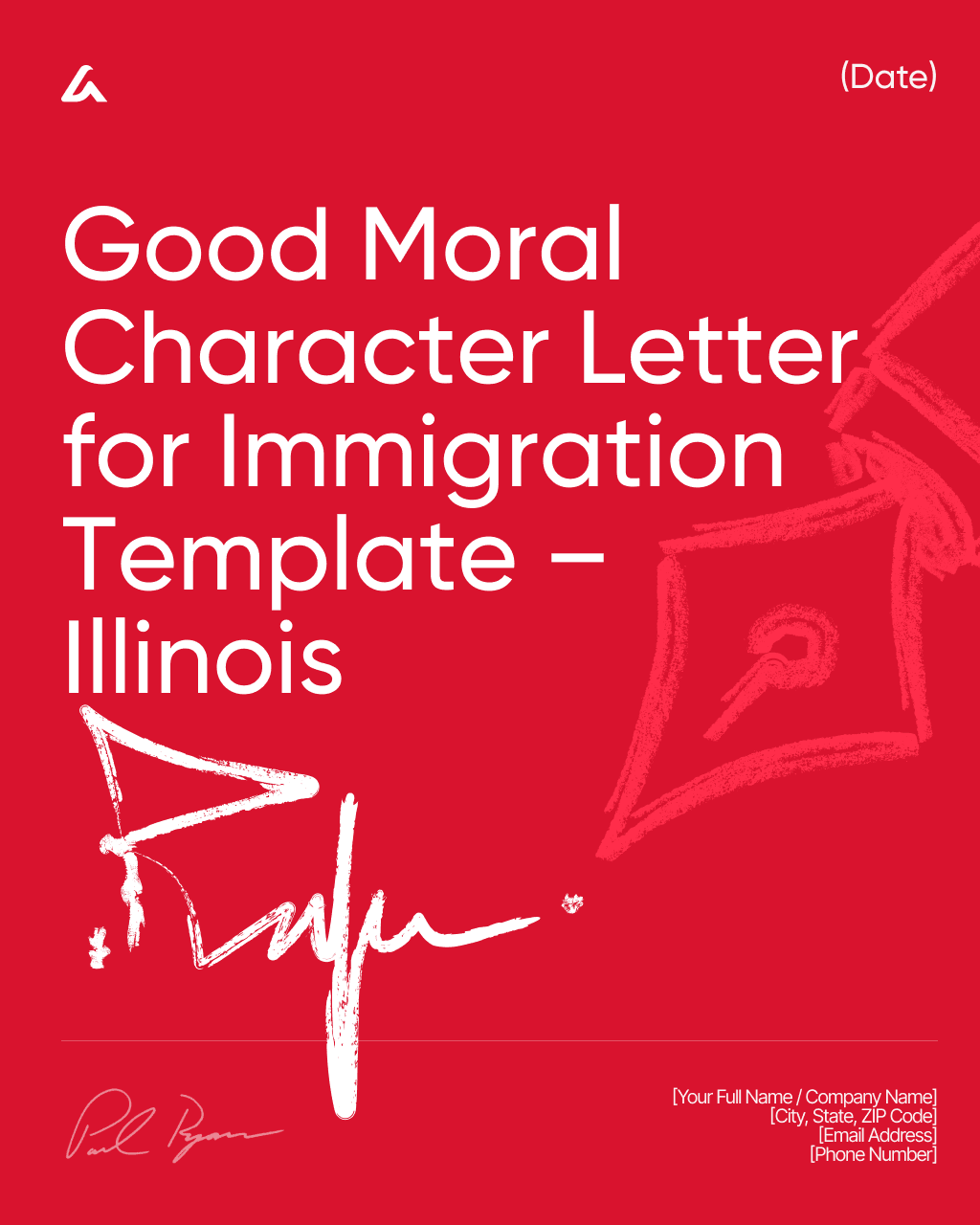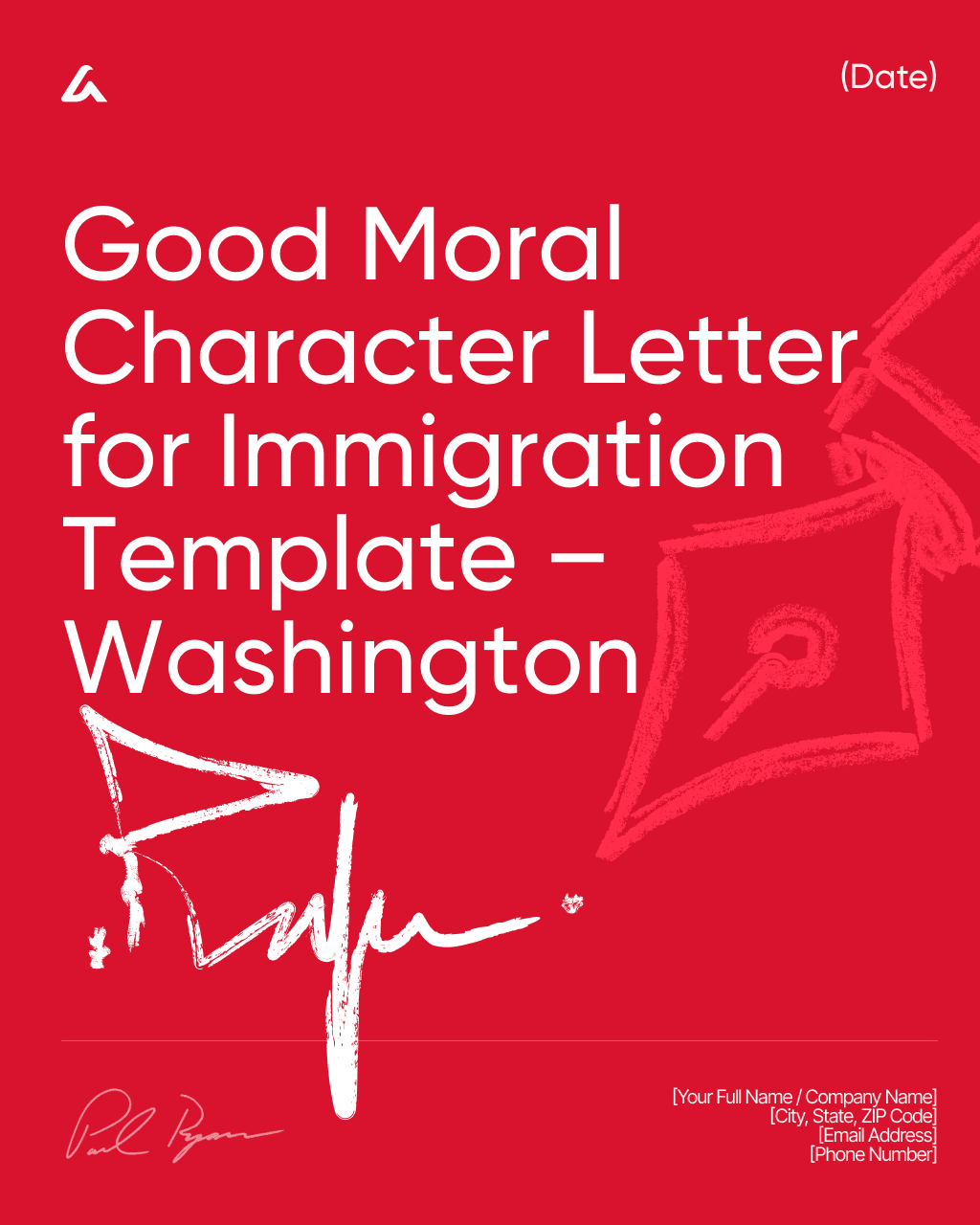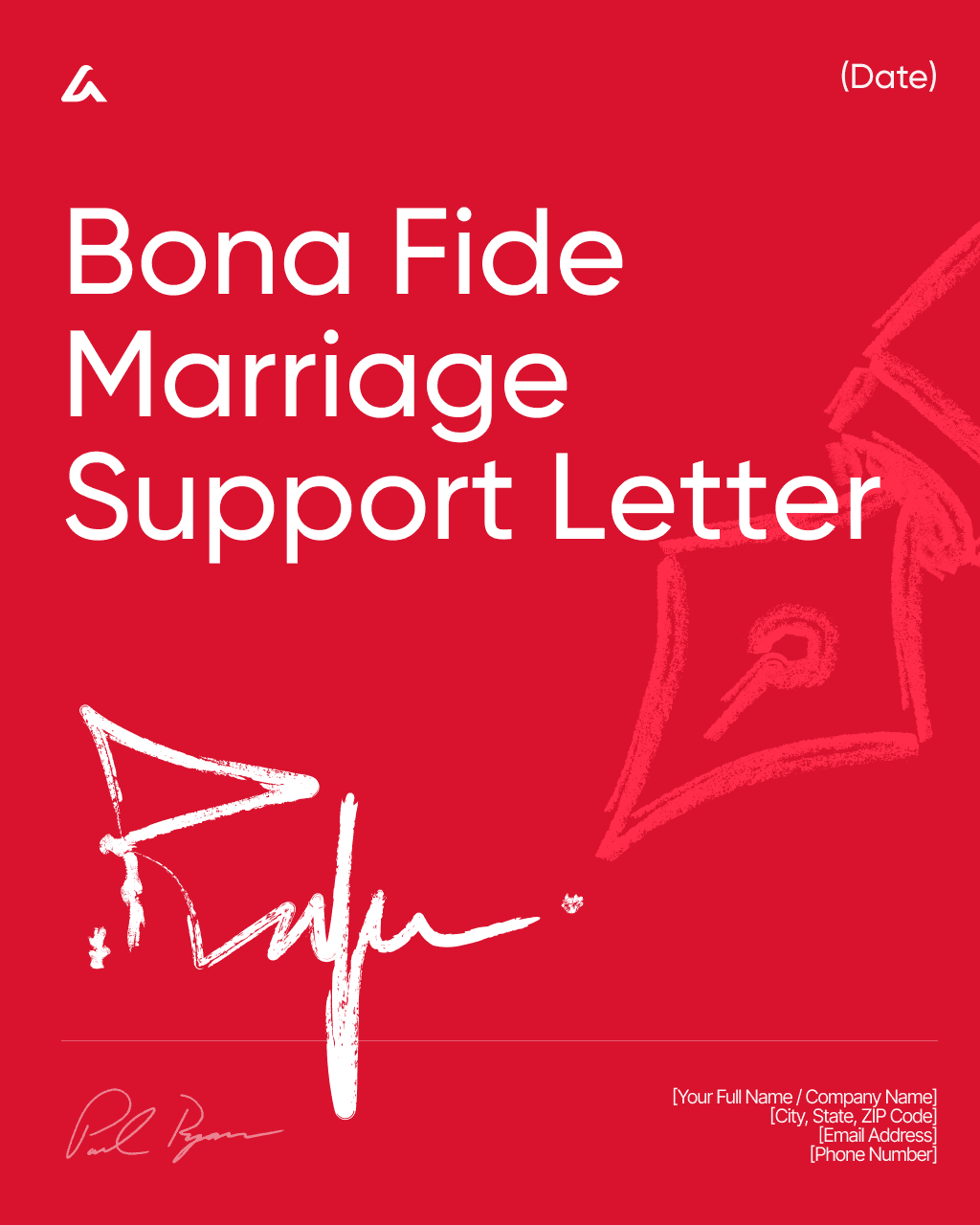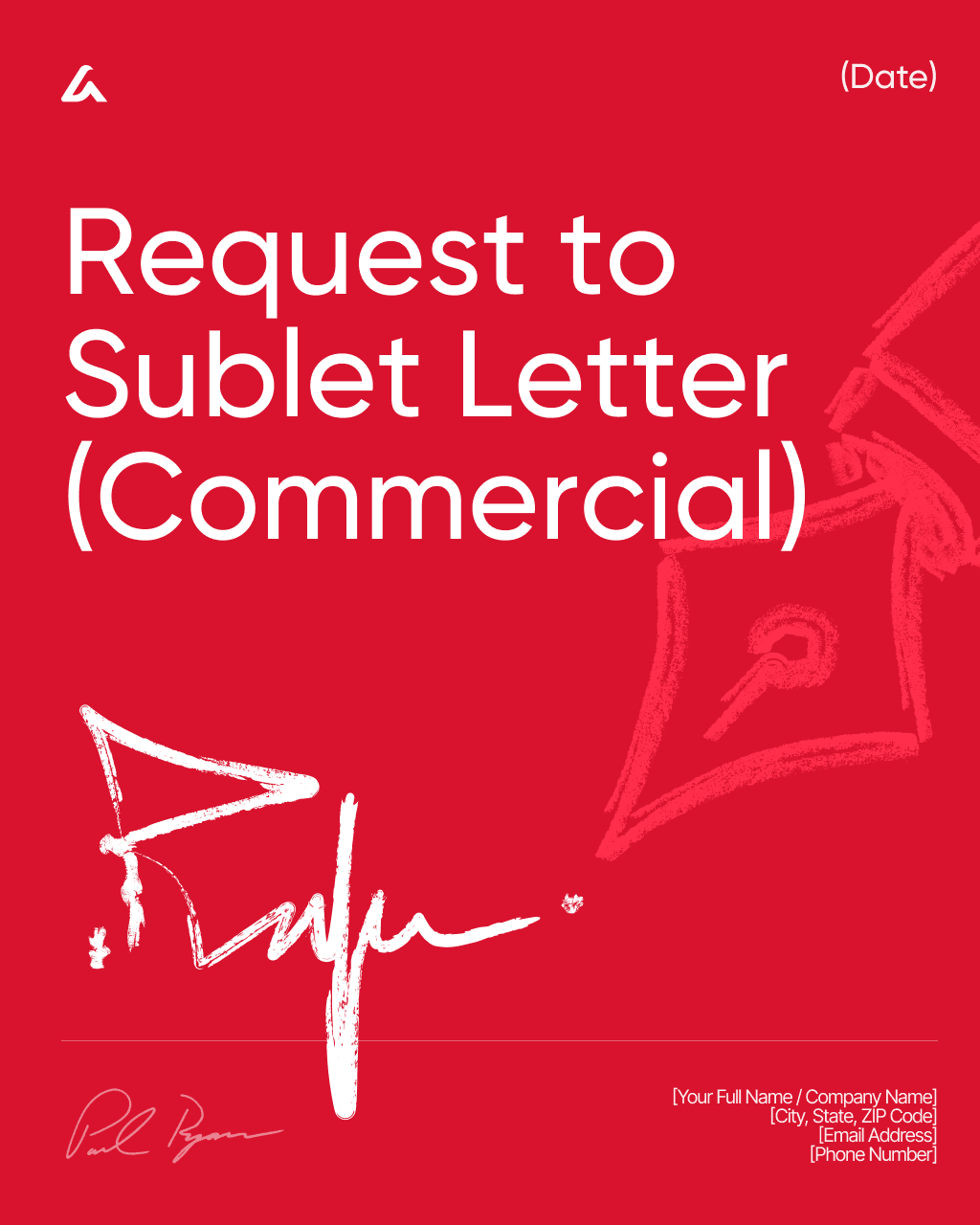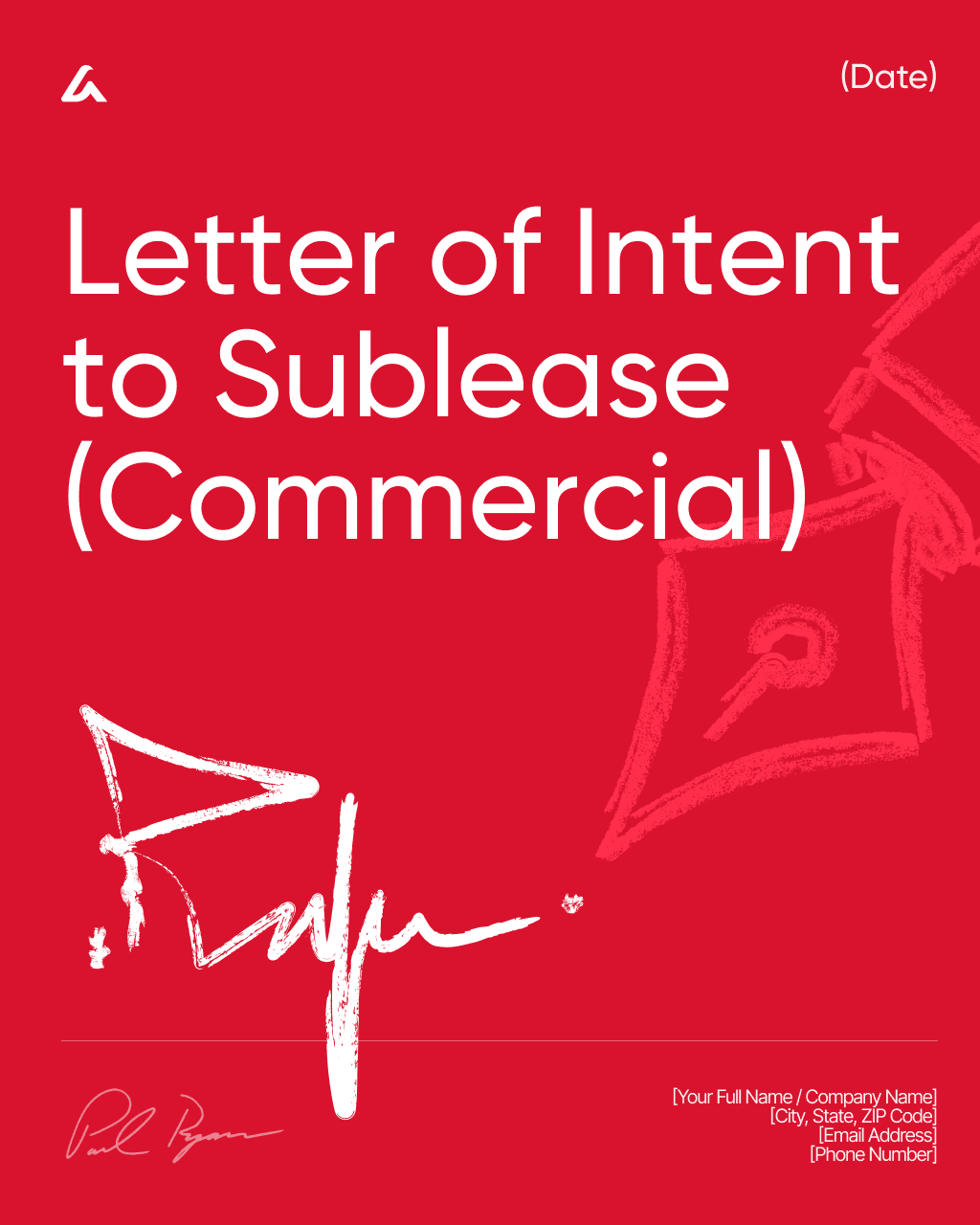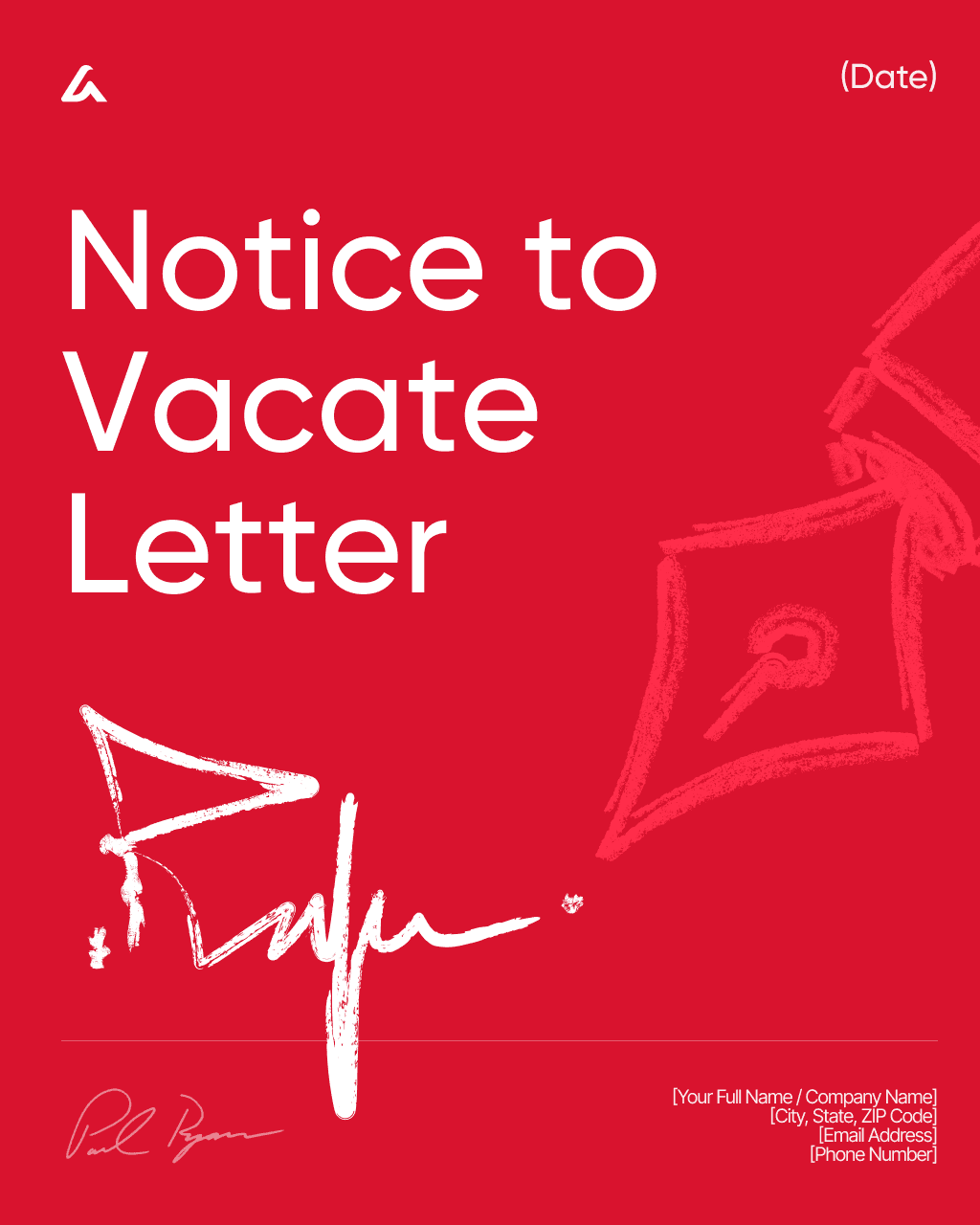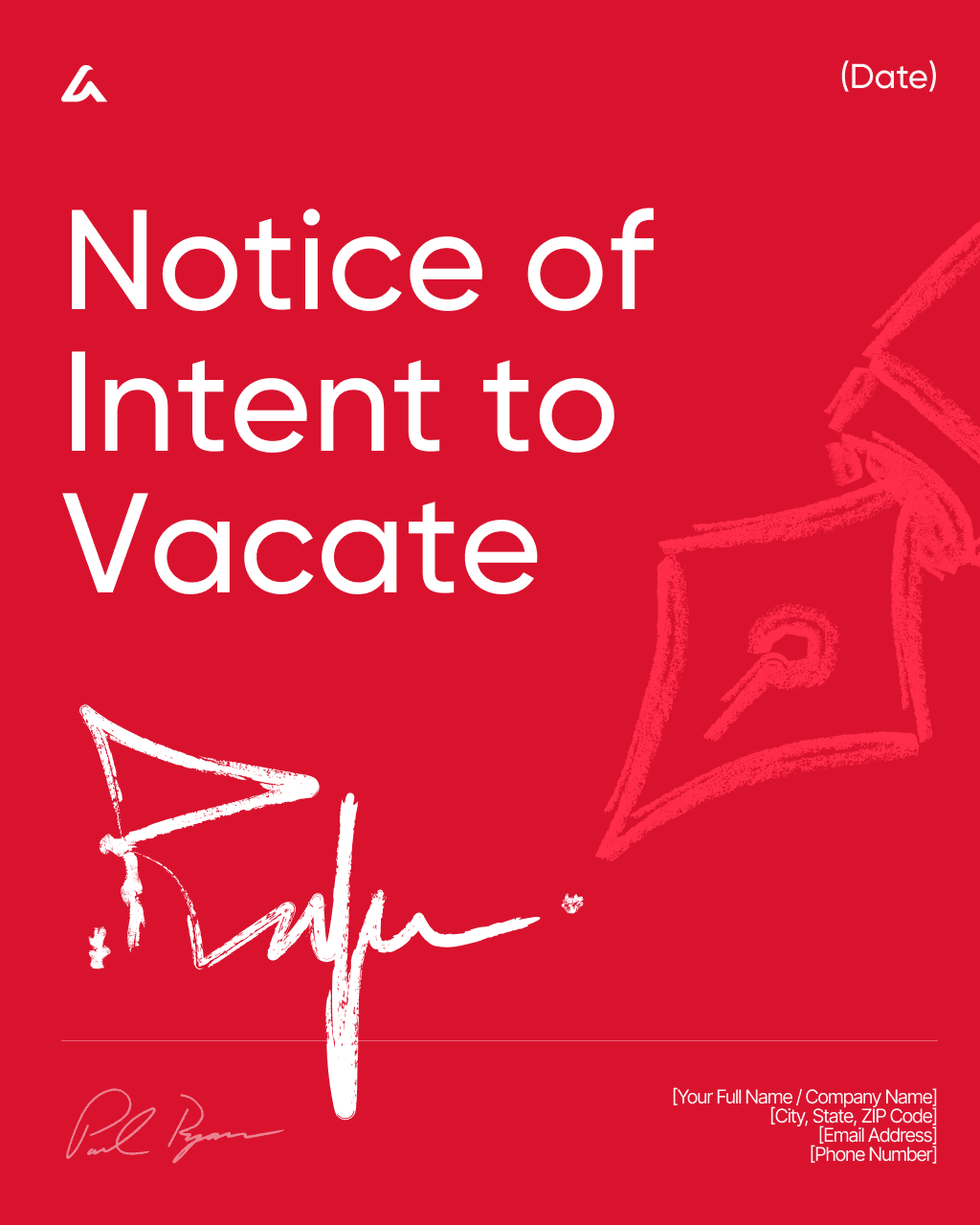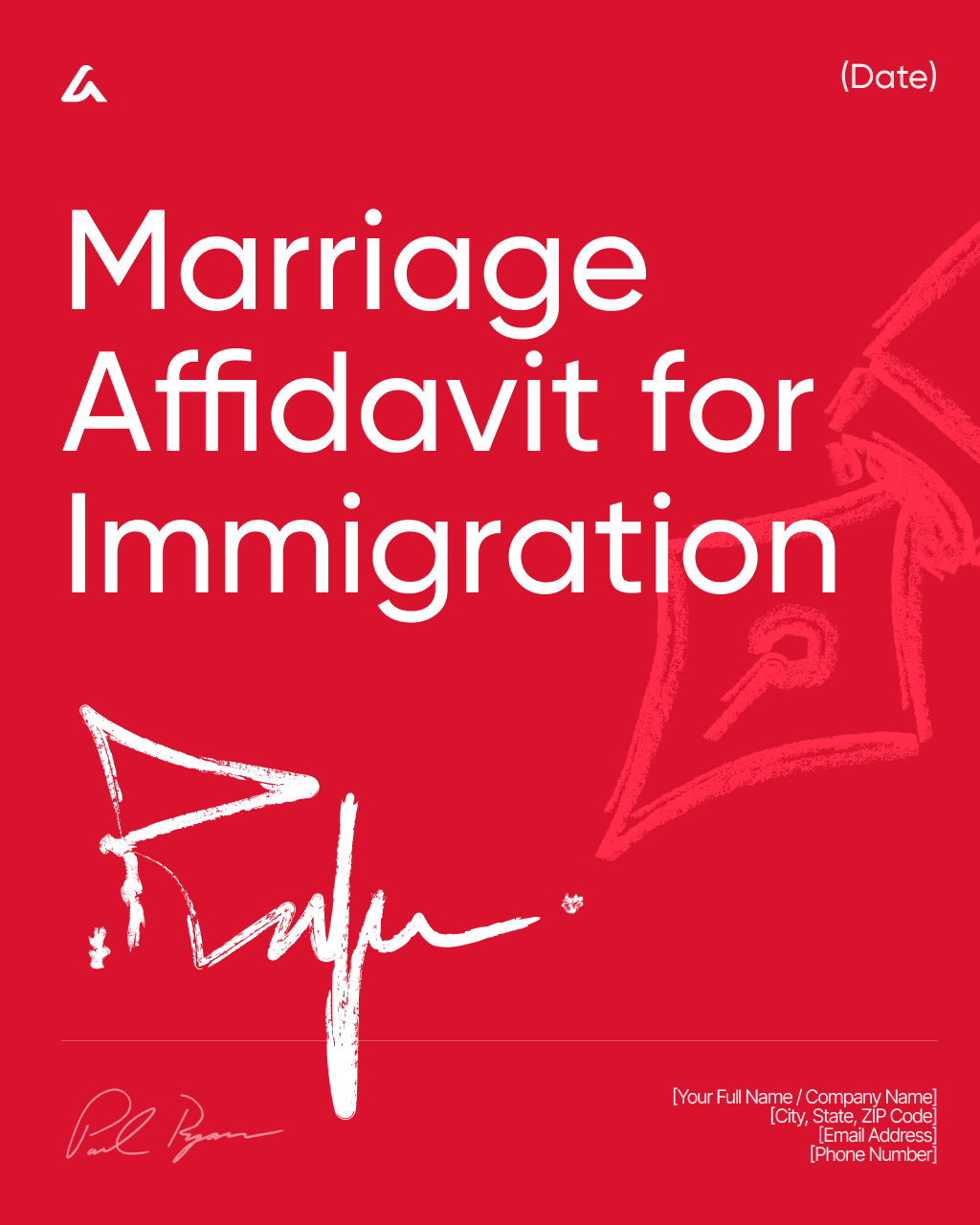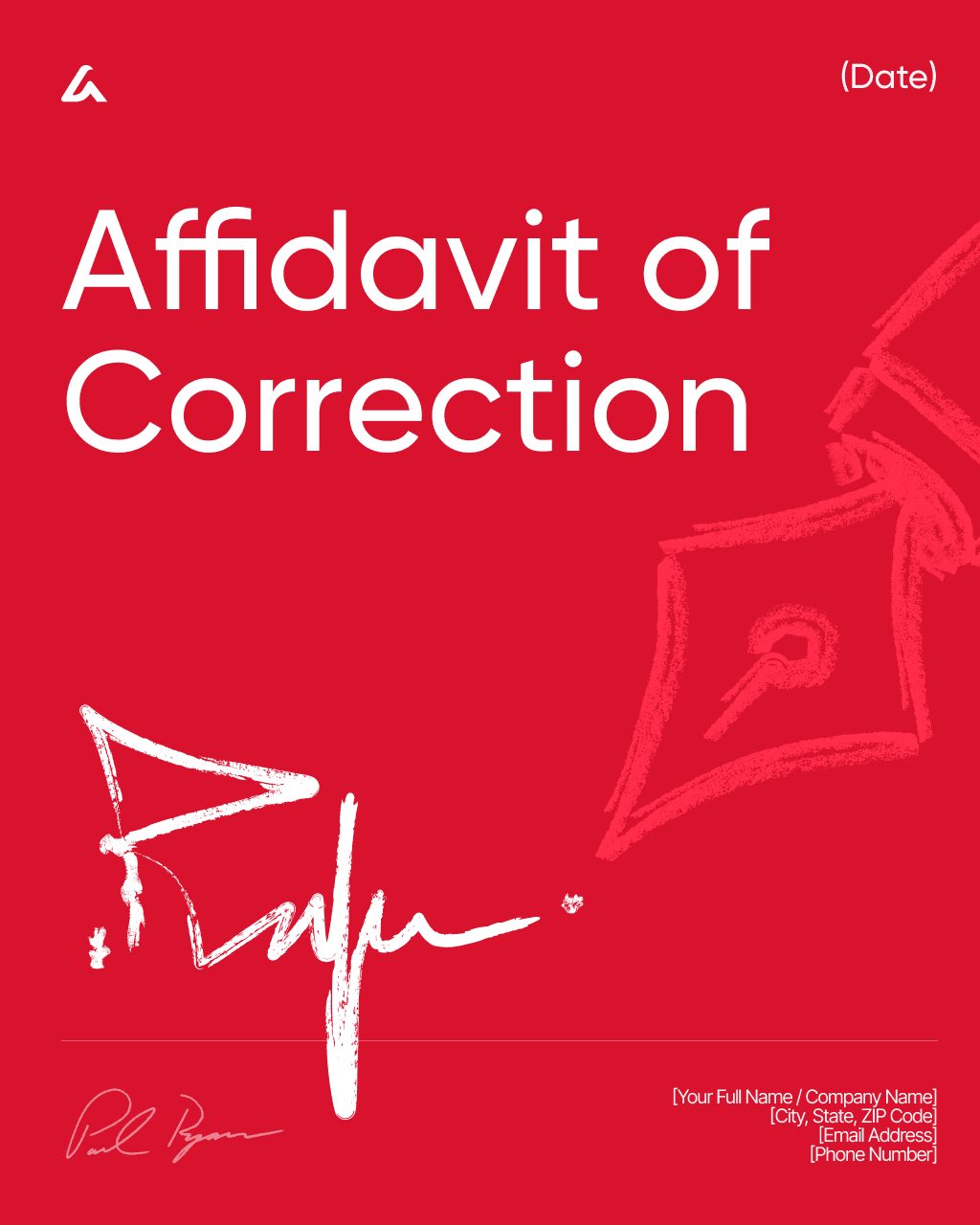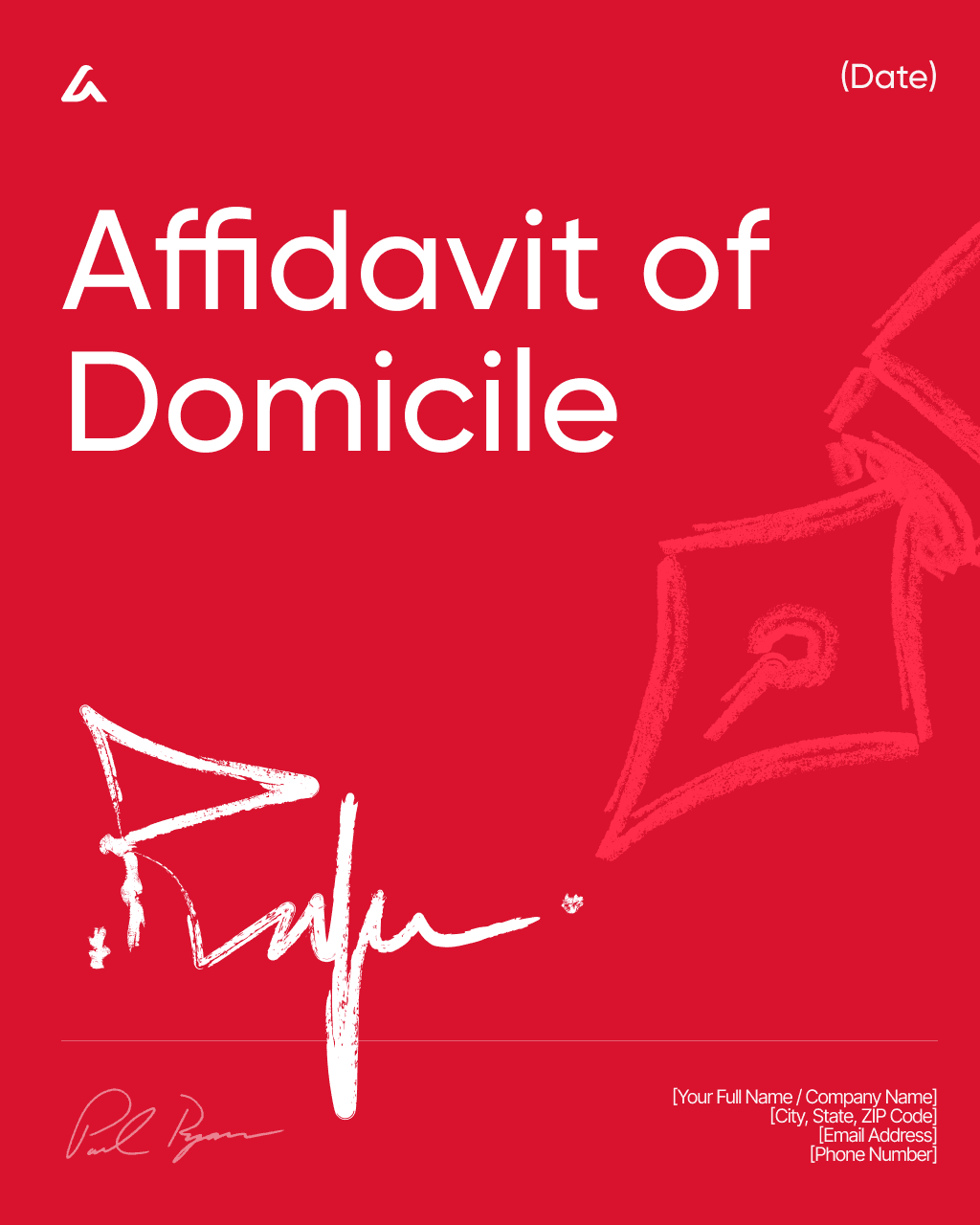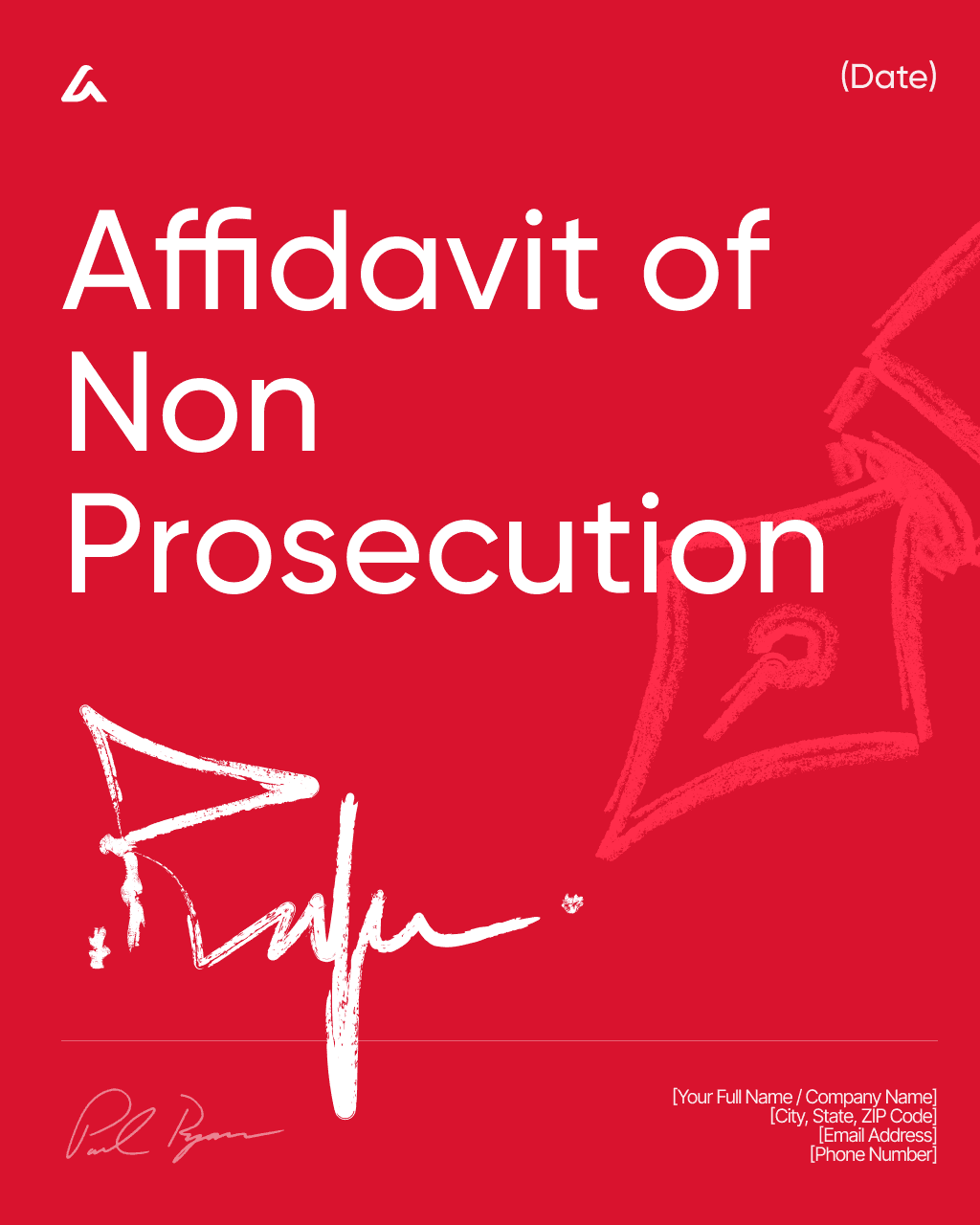Free template
Letter of Intent (LOI) Template: Deal Terms & Timelines Florida
Establish mutual understanding and guide negotiations effectively with this Florida Letter of Intent Template.
Downloaded 2099 times
Download template
Letter of Intent (LOI)
This Letter of Intent ("LOI") is made and entered into on [Date], by and between:
Party A: [Full Name / Company Name]
Address: [Address]
and
Party B: [Full Name / Company Name]
Address: [Address]
Collectively referred to as "the Parties."
Purpose
This LOI provides a structured outline for potential cooperation in Florida, common in real estate, franchising, and tourism. Roles, decision gates, and timing are highlighted while leaving room to refine commercial terms.
The aim is to enable informed, timely progress toward a definitive agreement.
Territorial Rights
Where relevant, the Parties may define preliminary territories or service regions for pilots or phased rollout. Any exclusivity should be time-bound and linked to measurable progress.
Final territorial rights will be set in the definitive agreement.
Marketing Collaboration
The Parties intend to coordinate marketing calendars, launch messages, and brand‑use parameters. Responsibilities and approvals will be refined later.
Early alignment reduces rework and supports post‑launch performance.
Confidentiality
All confidential information will be protected and used solely to evaluate the relationship. Information may be shared with advisors bound by similar obligations.
Survival of confidentiality beyond this LOI will be expressly stated.
Non-Binding Statement
This LOI evidences intent and is non-binding except as expressly stated. It is not a promise to transact absent a signed definitive agreement.
Either Party may discontinue discussions with reasonable notice, subject to binding sections.
Governing Law
This LOI is governed by Florida law. Disputes should first be addressed constructively before formal action.
IN WITNESS WHEREOF, the Parties have executed this Letter of Intent on the date first written above.
Party A Signature
Name:
Title:
Party B Signature
Name:
Title:
Flash deal
Flash deal
Today
Today
No time to fill it up? Generate your custom agreement with AI Lawyer in seconds
What’s Included
Legal Research
Legal Research
Legal Research
Contract Drafting
Contract Drafting
Contract Drafting
Document Review
Document Review
Document Review
Risk Analytics
Risk Analytics
Risk Analytics
Citation Verification
Citation Verification
Citation Verification
Easy-to-understand jargon
Easy-to-understand jargon
Easy-to-understand jargon
Details
Learn more about
Letter of Intent (LOI) Template: Deal Terms & Timelines Florida
Click below for detailed info on the template.
For quick answers, scroll below to see the FAQ.
Click below for detailed info on the template.
For quick answers, scroll below to see the FAQ.
Florida Letter of Intent (LOI) FAQ
What is a Letter of Intent?
A Letter of Intent (LOI) is a document that outlines the initial terms and intentions of parties who plan to enter into a formal agreement. It is often used as a pre-contract to show serious interest and confirm the key points before drafting a final, legally binding contract.
An LOI helps ensure both sides agree on the main expectations, goals, and basic terms upfront, reducing misunderstandings later. While it may include important details such as pricing, timelines, responsibilities, and next steps, most Letters of Intent are not legally binding, except for specific clauses like confidentiality or exclusivity if included.
When to use a Letter of Intent?
A Letter of Intent (LOI) is used when two parties want to outline the key terms of a potential agreement before creating a formal contract. It helps confirm interest, clarify expectations, and make sure both sides agree on the main points early in the process.
Individuals often use an LOI when applying for a job, internship, school, or partnership opportunity to show serious intent and professional interest. Businesses use a Letter of Intent during negotiations for major transactions, such as buying a business, forming a partnership, or entering into a commercial agreement. In these cases, an LOI sets out the main terms — such as price, timeline, responsibilities, and confidentiality — before preparing a detailed and legally binding contract.
What should be included in a Letter of Intent?
A Letter of Intent (LOI) allows parties to outline, clarify, and announce the key terms of a potential deal before creating a final, legally binding agreement. It sets expectations and ensures both sides understand the proposed transaction.
A well-structured Letter of Intent should include:
Contact information: Include the names, addresses, and contact details of both the sender and recipient.
Salutation: Use a professional greeting and the recipient’s full name (e.g., “Dear [Name]”).
Introduction: Clearly state the purpose of the letter, the opportunity or transaction being proposed, and the key parties involved.
Body content: Provide essential details such as the scope of the proposal, responsibilities of each party, timeline, pricing or financial terms, contingencies, and any due diligence information required.
Confidentiality or exclusivity (if applicable): Note any terms that limit sharing information or negotiating with others.
Closing statement: Explain the next steps to move forward (such as signing the LOI) and include an expiration or response deadline.
Signature: The sender should sign and date the LOI to confirm the intent.
Enclosures: List and attach any supporting documents, such as NDAs, business summaries, or product details.
While an LOI is often not fully legally binding, businesses should consider having it reviewed by a lawyer to ensure clarity, protect their interests, and avoid unintended legal obligations.
Is a Letter of Intent legally binding?
A Letter of Intent is usually not fully legally binding, but it can include certain binding provisions depending on how it is written. Most LOIs simply outline the parties’ intentions and key terms before drafting a final agreement. However, specific sections — such as confidentiality, exclusivity, non-disclosure, or governing law clauses — can be legally enforceable if clearly stated as binding. To avoid misunderstandings, the LOI should clearly specify which parts are binding and which are non-binding.
Can a Letter of Intent be used for employment or job offers?
Yes. A Letter of Intent (LOI) can be used in the employment context to show interest in offering or accepting a job before a formal employment contract is issued. It often outlines the proposed role, salary range, start date, and general expectations, but without locking either party into a legally binding employment agreement.
Employers may use an LOI when they want to confirm mutual interest, begin onboarding steps, or finalize details before drafting a full offer. Likewise, job applicants sometimes submit a letter of intent to express interest in working for a company, especially in competitive or academic fields.
To avoid misunderstandings, an employment-related LOI should clearly state whether it is binding or non-binding and confirm that a formal offer or employment contract will follow.
Similar templates
Other templates from
Letters and Notices Templates
Money back guarantee
Free trial
Cancel anytime
AI Lawyer protects
your rights and wallet
Money back guarantee
Free trial
Cancel anytime
AI Lawyer protects
your rights and wallet
Money back guarantee
Free trial
Cancel anytime
AI Lawyer protects
your rights and wallet
Money back guarantee
Free trial
Cancel anytime

























































































































